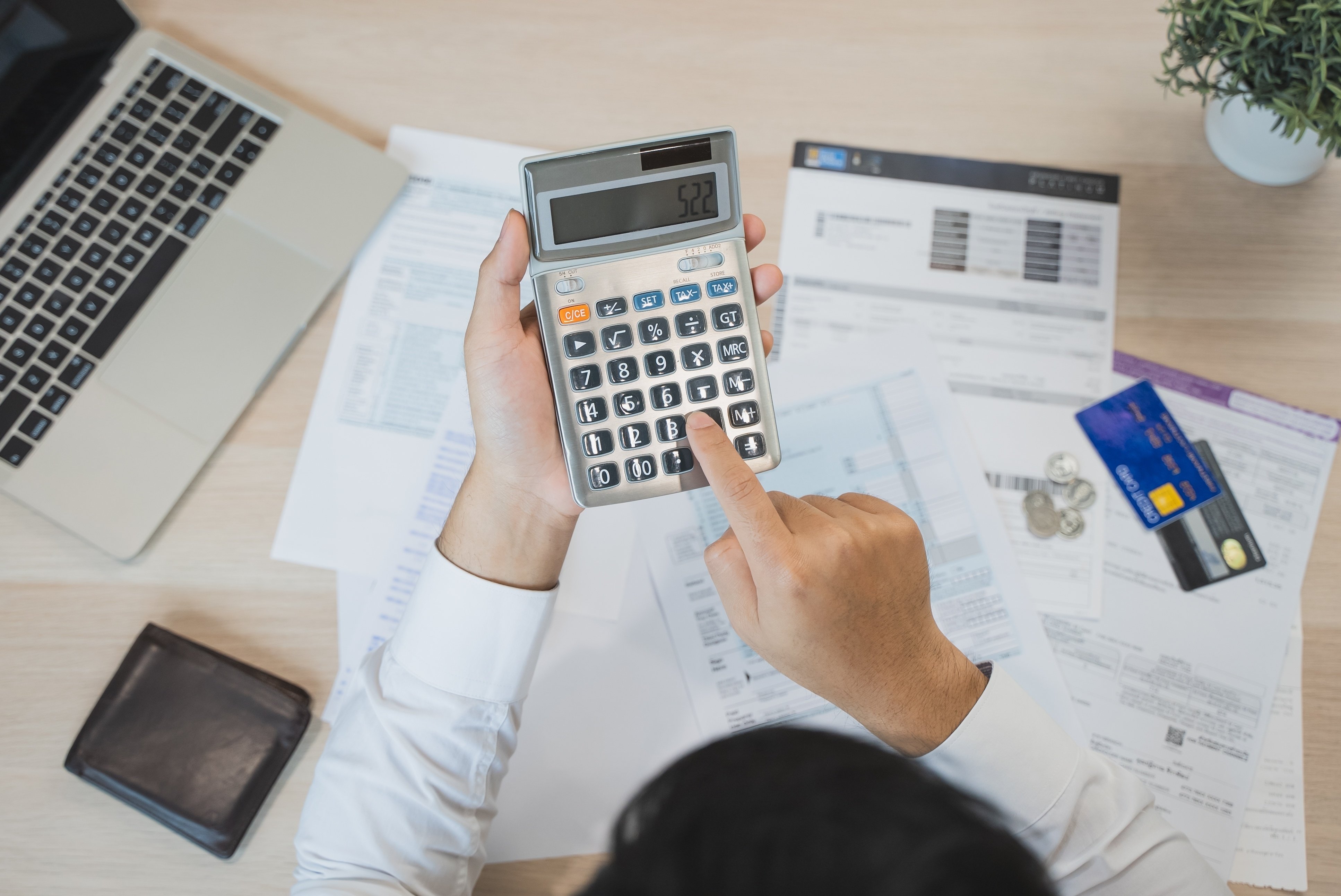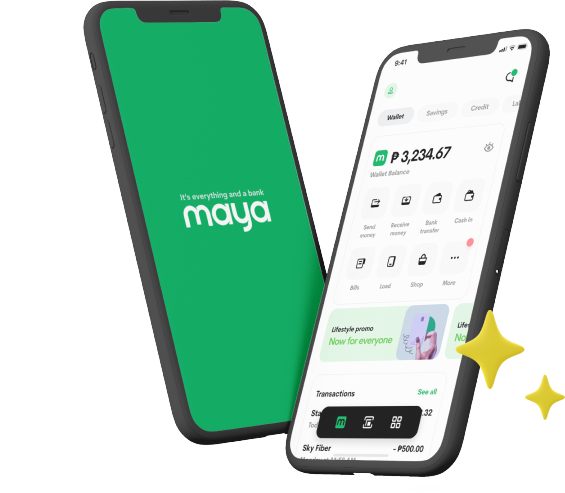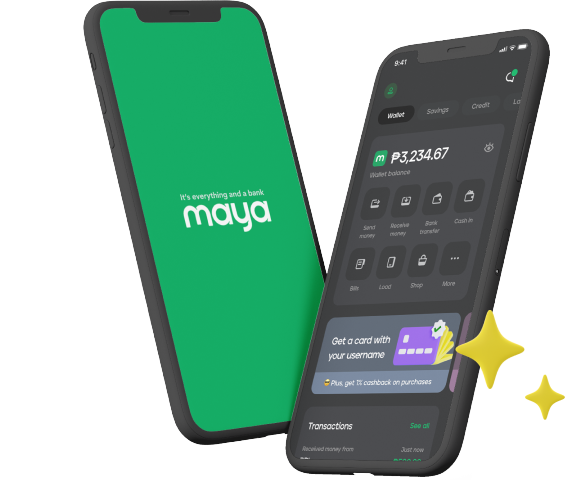For many Filipinos, credit cards have become more than just a convenient way to pay. They’ve also become a critical financial tool for managing expenses, opening up a new world of wonderful experiences to a wider segment of society.
Today, more Filipinos are using credit cards not just for online purchases but also to effectively spread the financial burdens, over several months, of big-ticket expenses like travel, tuition fees, and even medical emergencies. On a macro level, this wider use and availability of credit has also been a boon for the Philippine economy, opening new commercial opportunities, creating jobs, and providing a better quality of life for more individuals.
However, most Filipinos are highly aware that the convenience of credit cards also has potential pitfalls when they’re handled irresponsibly. In fact, the Credit Card Association of the Philippines (CCAP) cites credit card debt as a major deterrence to domestic credit card adoption. The key to positively benefiting from credit cards lies in responsible usage. Following these best practices should help you use cards more responsibly, keeping your financial health in check and preventing overspending:
1. Choose the Best Cashback Credit Card for Online Shopping
If you’re new to credit cards, chances are, you have one so that you have a secure means to shop online. For most cardholders, the best credit card for online shopping is one with low fees and huge cashbacks for a wide range of purchases.
Cards like the Landers Cashback Everywhere Credit Card offer generous cashback conditions that can make them a valuable addition to your financial toolkit. With 5% cashback when you shop at Landers, 2% wherever you dine, and 1% everywhere else*, this card is not just in the running for the best credit card for online shopping in the Philippines but also the best cashback credit card.
2. Treat Each Swipe, Dip, and Tap as a Loan
To be clear, you’re taking out a loan each time you use your credit card. Taking this idea close to your heart will help keep your spending in check and ensure that you only buy things you can afford.
Since credit card purchases are technically loans, the typical principles of loan management should apply when you spend using your card. Before making a purchase, ask yourself if you have the cash to pay for it in the immediate future. If the answer is no, then reconsider the purchase. If the purchase is a luxury, ask yourself if you can afford to buy two or three of the same thing and still have enough left over for other things you need. If you can’t, consider waiting until your finances are in better shape.
3. Pay Your Balance In Full and On Time
Though you only need to technically pay only the minimum amount, doing this consistently can lead to a cycle of debt due to compounding interest. Many new cardholders neglect to account for this and are sometimes surprised to see their modest debt balloon out of control.
This underlines the need to pay your credit card balance in full each month. Paying in full helps you avoid high interest and late fees and also helps you maintain a stellar credit score. This can be useful later on, should you decide to take on a major loan or if you need a higher limit for your card.
4. Be Aware of Maintenance Fees
In the Philippines, credit cards often come with annual fees ranging from PHP 750 to PHP 5,000. If you use your card frequently, these fees can be quite modest compared to the cashbacks, perks, and overall convenience that you’ll get in return. Still, you must take note of these fees if you want to manage your finances better.
Fortunately, if you’ve been diligent with your monthly payments, you can often request a waiver of this fee from your bank. That said, also consider canceling cards that you haven’t used in several months to avoid these fees in your next billing statement.
5. Be Careful When Buying Online
When making online purchases, watch out for any red flags that could indicate that the website isn’t legitimate. Prioritize sites with payment gateways from trusted payment technology providers like Maya and refrain from sharing your card details with anyone else.
6. Track Your Expenses
Credit cards’ convenience can sometimes lead to unintentional overspending. To get a realistic idea of your credit card use, note down your credit card purchases or use your credit card provider’s apps. Having a detailed record can help you avoid surprises when your next statement arrives.
7. Understand the Responsibility of a Higher Credit Limit
Demonstrating a responsible pattern of credit card use may eventually encourage your card provider to increase your credit limit. This is always a thrilling time since it means that you’re trusted to handle your finances responsibly. However, you shouldn’t take a higher credit limit as a sign that you should spend more. Just adjust your spending habits if you must, but don’t feel compelled to use the additional credit.
8. Don’t Max Out Your Credit Limit
There are legitimate reasons to max out your card, such as during medical emergencies. However, maxing out your card can negatively impact your credit score, especially if you don’t pay the whole amount back right away. As a rule of thumb, aim to keep your balance below 30% of the available credit to keep your credit card payments more manageable.
With Great Credit Comes Great Financial Responsibility
Credit cards like the Landers Cashback Everywhere by Maya are not just a convenient way to shop, dine, and purchase things online, they’re also a smart, safe way to get the most out of your existing finances. Being able to spread your payments or cover emergencies with a card gives you a kind of financial freedom that you might not have with cash alone.
However, this freedom means you must manage your spending wisely. Keeping these best practices close to your heart will give you a powerful way to achieve your dreams without negatively impacting your financial well-being. Stay informed, disciplined, and proactive and you’ll be on your way to achieving your goals with confidence and peace of mind.
*Transactions that don’t qualify include: cash in, cash advance, quasi cash purchases, casinos and gambling, fuel, supermarket, pharmaceuticals, utilities, telco, and government.
You might also like
These Stories on Maya Bank





